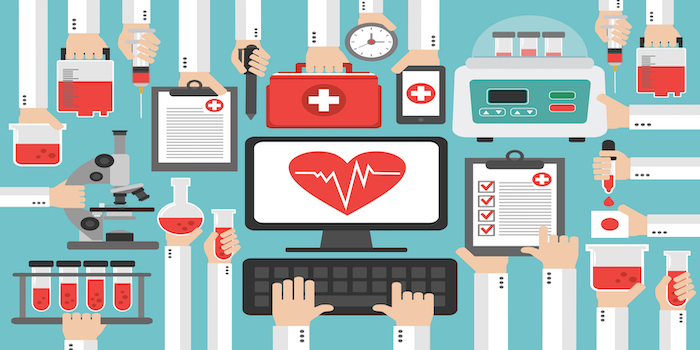KidneyViews
Welcome to the non-profit Medical Education Institute's Home Dialysis Central blogspot! This page is an umbrella under which Home Dialysis Central staff and guests can share their perspectives about home therapies and what we need to do to raise their profile and enable more people to use them. We'd like your comments as well! Bookmark our site and like us on Facebook! Help us tell the world about home dialysis.
First, Do No Harm: As We Expand Home Dialysis, Put Patient Values First!
(2 comments)
Fellow advocates, please consider this post a rallying cry to ensure that people with kidney disease benefit from and are not harmed by whatever dialysis changes occur due to the AAKHI.

Published on 07/25/2019 by Dori Schatell, MS, Executive Director, Medical Education Institute
Tags: Education issues: for patients and professionals, Making dialysis better,
What the Advancing American Kidney Health Initiative (AAKHI) Executive Order May Mean for You
(10 comments)
On July 10, 2019, President Trump signed an Executive Order (EO)1 that may lead to changes for patients and dialysis clinics and nephrologists.

Published on 07/18/2019 by Beth Witten, MSW, LSCSW
Interpreting eGFR (and Other) Blood Test Results in CKD
(9 comments)
Seeing this has prompted me to write this post to try to correct the clear misconception that a change of a single point in an eGFR spells disaster…or, indeed, spells anything at all.

Published on 07/11/2019 by Dr. John Agar
Tags: Education issues: for patients and professionals, Other ‘cool stuff’ to help understand dialysis better,
Using Creativity to Banish Brain Fog
(0 comments)
Brain fog, lethargy, low motivation—many of us have to deal with these following dialysis. But a blast of creativity can bring aid.

Published on 07/04/2019 by Ant de Villiers
Tags: Making dialysis better, Other ‘cool stuff’ to help understand dialysis better,
Not a Warrior: The Value of Embracing Chronic Kidney Disease
(17 comments)
I learned many years ago when one door closes I turn my back to it in search of the next door.

Published on 06/27/2019 by Henning Sondergaard
Tags: Making dialysis better,
View from the Chair: Taming Terrible Tape Troubles
(9 comments)
With allergies to antiseptics, plastics, or adhesives, patients are at risk for infection, or even sepsis. Tape troubles may cause itching, burning, rash, blisters, bruising…pain:

Published on 06/20/2019 by Dori Schatell, MS, Executive Director, Medical Education Institute
Tags: Making dialysis better,
It’s Time to Return to the Past and Make Home Dialysis the Standard of Care
(4 comments)
In a recent Journal of Nephrology editorial (published online 19 March 2019) John Agar and colleagues recounted the history of dialysis:

Published on 06/13/2019 by Mel Hodge
Tags: Making dialysis better,
Learned Helplessness, the Mirage of Safety, and Home Dialysis
(8 comments)
Learned helplessness (LH), a term first used by two psychologists in 1967 studying learned behaviour in dogs, soon translated into human behavioural psychology.

Published on 06/05/2019 by Dr. John Agar
Tags: Making dialysis better, Education issues: for patients and professionals,
Who Will Dialyze “Complex Patients”?
(43 comments)
For years, I’ve received an occasional call or email from a hospital case manager or a patient’s loved one who was having a hard time finding a dialysis clinic that would admit someone with a trach with or without a vent.

Published on 05/30/2019 by Beth Witten, MSW, LSCSW
Staff Orientation to Psychosocial Needs of People with Kidney Failure
(0 comments)
Providing an orientation in every clinic could help staff know when to refer and help patients know who to ask for help when they need it.

Published on 05/23/2019 by Beth Witten, MSW, LSCSW

